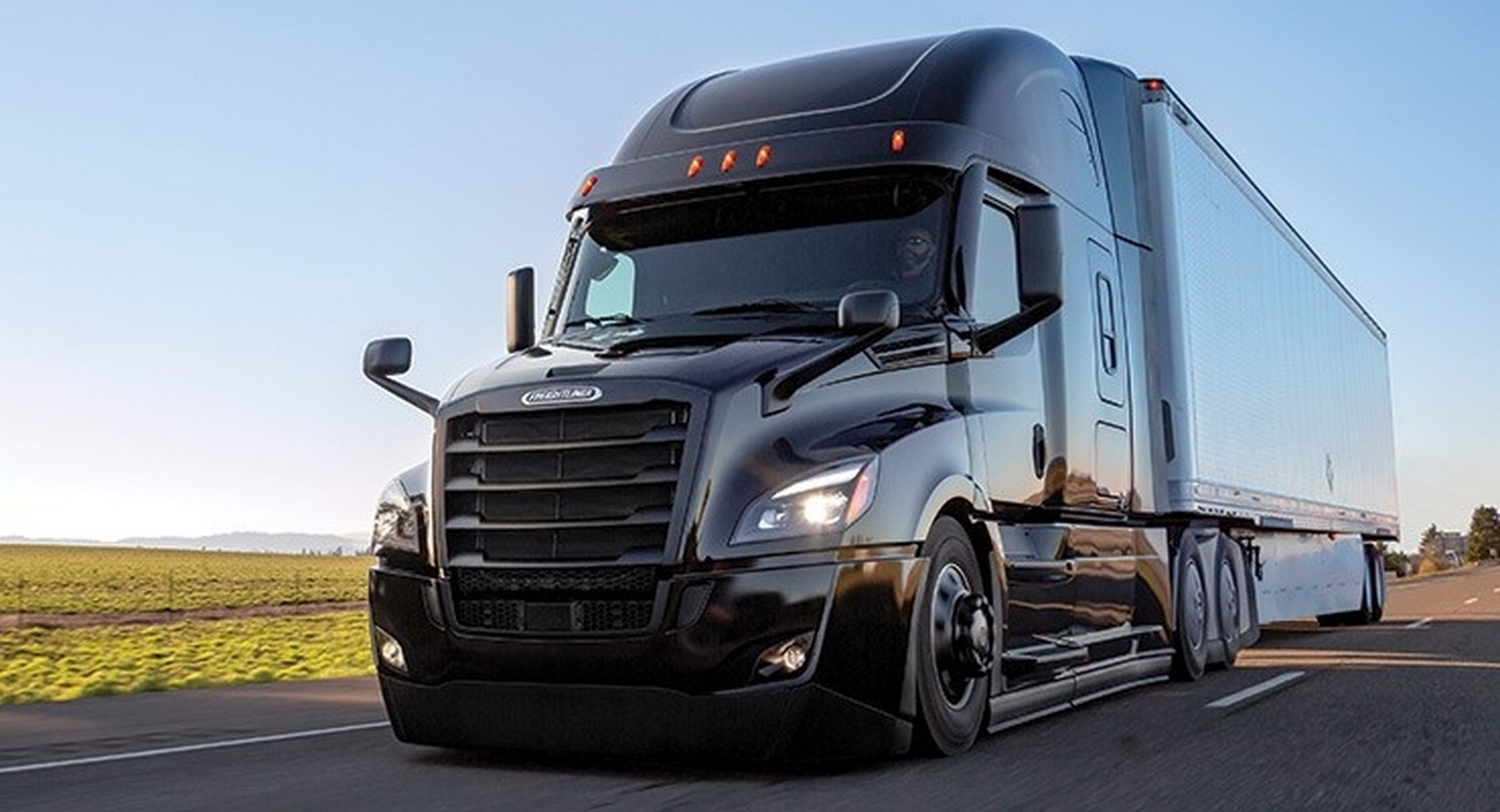California will spend $1 billion on improving the charging infrastructure for electric vehicles, focusing on midsize and heavy-duty trucks.
The California Public Utilities Commission is seeking to increase the use of all-electric trucks and will allocate 70 per cent of the funds to charging infrastructure for them with the remaining 30 per cent being allocated to charging light-duty EVs at or near multiunit dwellings.
The Los Angeles Times reports that the program will place a priority on low-income individuals and those in tribal areas. In fact, 65 per cent of the funds will be directed to underserved communities. The five-year program will commence in 2025 and conclude in 2029 with $200 million being allocated each year through California’s utilities. It is expected to cost each San Diego Gas & Electric customer less than $1 a month.
Read: The Tesla Semi Just Completed A 500-Mile Trip Loaded With 81,000 LBS
While some details are still being finalized, customers who want to install charging equipment will likely need to apply to a third-party administrator to receive the rebate.
“It’s the highest priority,” Commissioner Clifford Rechtschaffen said of the project. “We have very stringent state goals established by the Air Resources Board to electrify medium- and heavy-duty trucks and they need charging infrastructure in order to electrify their fleets. We don’t know exactly what the amounts will be and how much the budget will cover but the idea is to cover all or most of the costs of the equipment.”
Charging points for trucks will be installed at sites including truck stops, ports, and at fleet facilities.
While Californian policymakers say they will evaluate the program after three years to see if it is too much to bear for ratepayers, the Public Advocates Office said utility customers shouldn’t have to fund the project.
“Increasing electric rates to fund the state’s [greenhouse gas] reduction initiatives, therefore, places a disproportionate burden on low-income families,” the watchdog said. “This is also counterproductive as this increases the cost of fueling electric vehicles, which in turn reduces the incentive to purchase electric vehicles.”





